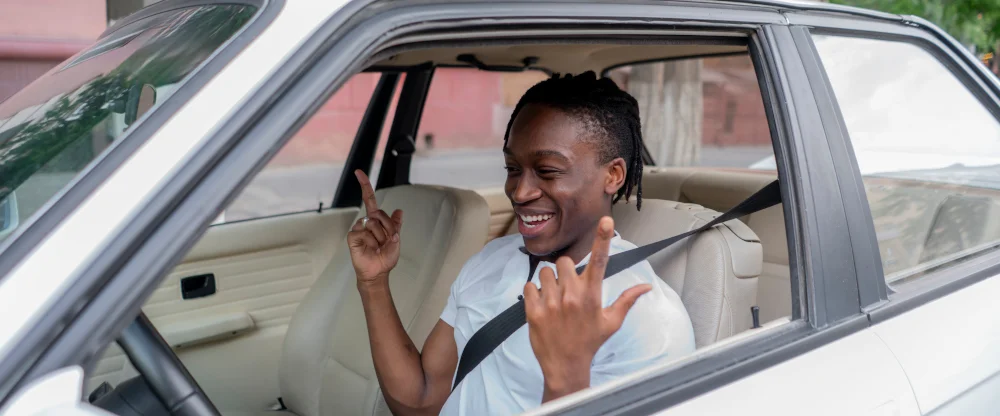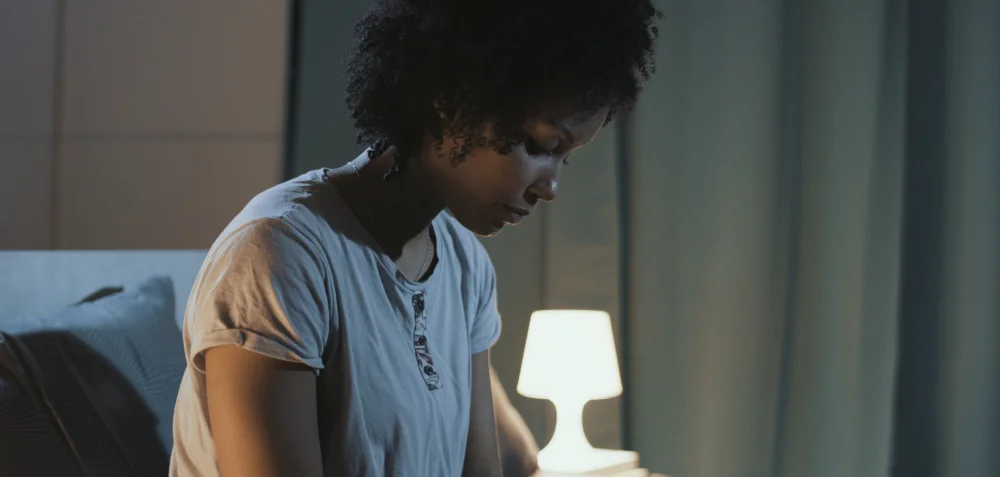
In a world where everything moves through phones and apps, where money is tapped, swiped, or sent in a few seconds, there are still small moments that feel like they belong to another time. One of those moments happens on Thursday afternoons in Butterworth, Eastern Cape. A man steps out of his white Corolla, opens the boot, and pulls out a small plastic folder. Inside, stacks of paper lotto tickets. Real ones. Not digital slips. He is one of the last traveling lotto agents left in his area.
Before smartphones put betting slips in everyone’s pocket, this used to be more common. Men and women moving from township to township, farm to farm, market to market, selling official lottery tickets from spaza shops, from folding tables, or just out of a backpack. In bigger cities, this job disappeared as kiosks and apps took over. But out here, in towns and villages where airtime is precious and smartphones aren’t always guaranteed, people still like to hold something real. And Sipho is the man who brings it to them. His routine doesn’t change much. Thursdays and Saturdays are his big days. He starts just after breakfast, stops in at the main taxi rank first, then moves through smaller roads until sunset. There’s no sign on his car. No branding. Just a face people know and trust. “It’s not about chasing people down,” he says. “It’s about being there when they need you.”
In Butterworth, people recognise his rhythm. Elders who’ve been playing the same numbers for twenty years know to have their R20 or R30 ready. Younger folks sometimes wave him down from shop doorways. The small folded slips get exchanged quickly, money handed over, numbers checked, no fuss. There’s something unspoken about the way it works. No one’s here for jackpot drama. Most of the time, it’s about small plays, two, three, maybe five lines. Enough to keep the routine alive without breaking the bank.
Younger players might ask, why not just use an app? Why still buy physical tickets when digital exists? But for a lot of his regulars, that question misses the point. “Some people don’t like the phone thing,” he explains. “They say it’s not real if it’s just on a screen.”
There’s also a deeper layer. In rural parts of the Eastern Cape and KwaZulu-Natal, shared community pools are still common. A group of women from a local church, for example, might each put in R10 and buy a set of tickets together. The tickets get folded and kept somewhere everyone can see, taped to a fridge, pinned to a kitchen wall. That wouldn’t happen if it was all on an app. You can’t pass a screen around the same way you pass a ticket.
 He isn’t the only one still doing this, but the number of people like him is shrinking. Across the country, most official ticket sales have been pulled into licensed kiosks, branded terminals, or corporate partner shops. The idea of someone driving from farm to farm with a folder of slips feels like something from the early 2000s. Still, in certain places, it’s part of the rhythm.
He isn’t the only one still doing this, but the number of people like him is shrinking. Across the country, most official ticket sales have been pulled into licensed kiosks, branded terminals, or corporate partner shops. The idea of someone driving from farm to farm with a folder of slips feels like something from the early 2000s. Still, in certain places, it’s part of the rhythm.
In Mthatha, there’s a woman who runs her own version of the same hustle. She doesn’t drive, she walks. From house to house, especially with older customers who don’t get around as easily anymore. “I don’t make a fortune,” she says. “Maybe R200, R300 a week after petrol and airtime. But people trust me. I help them with checking their numbers. If they win, I go with them to collect.” And there’s the other side of it too, keeping things honest.
It’s a balancing act. Small trust, small money, small moments. No one’s getting rich selling tickets out of a boot. But there’s pride in it too. A quiet service to the community. One Thursday evening in late winter, he pulls up next to a tuck shop on the edge of town. The light’s fading. The sky turns that flat Eastern Cape grey-blue. He gets out, folder in hand, and a group of elders already waiting by the door straighten up. There’s no big announcement. Just a nod, a handshake, some crumpled notes pulled from pockets. “It’s the same faces every week,” he says. “And even if they never win big, this is their moment. They get to hope for something. You can’t put that on a phone.”
By the time he packs up for the night, the boot is lighter and his folder is empty. Lotto draw is in a few hours. Tomorrow, he’ll check the results, listen for quiet wins, help anyone with a payout.
It’s not a job you hear about much anymore. No big company logos. No apps. Just a man, a car, and a folder of tickets moving quietly through the gaps where old habits and new systems meet.
And for some people, in some parts of South Africa, that’s still the only way they’ll ever play.







